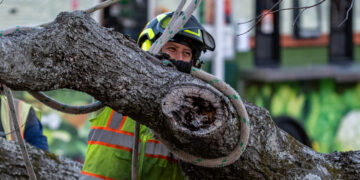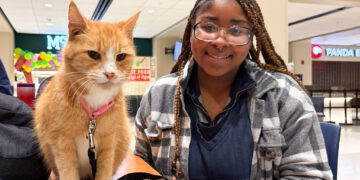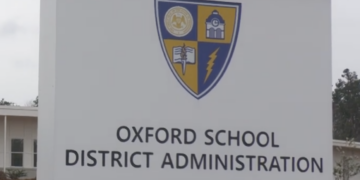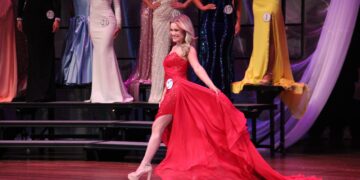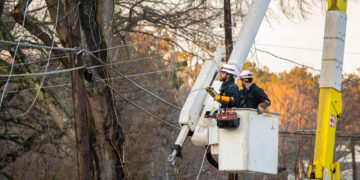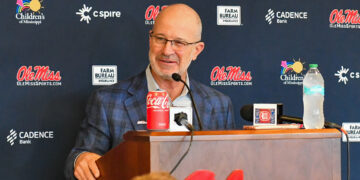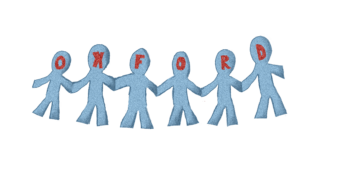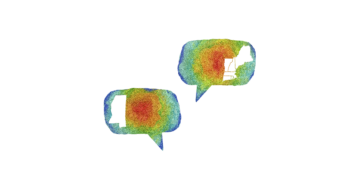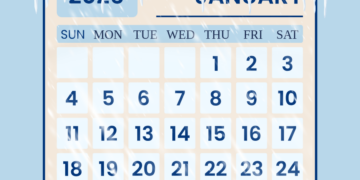Whether it’s a classic like the Myers-Briggs, a modern phenomenon like the Enneagram or a simple Harry Potter house sorting quiz, personality tests offer useful insight into who people are and how they best communicate.
Personality tests have been used in psychology for more than a century, beginning with Woodworth’s Personal Data Sheet, which was used to identify soldiers prone to nervous breakdowns during World War I. Since then, they have been adopted for use in several industries and have gained prominence in popular culture as a way to test compatibility and learn more about yourself.
When I first learned about the Enneagram test in high school, I was immediately curious to see what category all my friends fell into. Slowly but surely, I convinced people around me to take the test and share their results.
What I found was that more often than not, people did not have the type that I expected, leading me to realize that knowing people’s personality types can help you better understand who they are, how they process information and how best to help them in times of need.
Tests like the Enneagram are becoming more commonplace in therapy, with many therapists using people’s results as a way to start their sessions with a better understanding of who they are. No test is completely reliable, of course, and should not be used as a matter-of-fact marker of who someone is, but the tests can provide a good jumping off point for counseling. On a more communal level, personality tests can help employees and managers establish stronger relationships.
Each year, approximately 100 million workers take some form of psychometric test. More and more managers every year are using test results as a way to better communicate with their teams and identify where employees may require more help or feedback.
Personality testing has grown into a billion-dollar industry, but that does not mean it does not have its critics. Many argue that personality test results are as arbitrary as horoscopes for determining who people are, and there certainly are chances that people would answer tests based on who they want to be rather than who they are. Despite these points, I can’t help but believe that any insight into the people we surround ourselves with everyday is a good thing.
There is never going to be a way to fully understand every person we spend time with, but personality testing can at the very least open up conversations you may not have had otherwise. Understanding how you react when stressed or in conflict in comparison to others makes navigating those situations that much easier when they inevitably arise.
Whether you are dealing with a misunderstanding at work, trying to solve a problem with a team, or just being a good friend to someone having a hard time, having a base knowledge of the way other people are perceiving the situations you are in is for the best.
If you are not one of the millions of people to have already taken a personality test, I would encourage you to take a chance and see for yourself if you think the results could be meaningful. The answer may surprise you.
Liv Briley is a senior integrated marketing communications major from Lemont, Ill.


